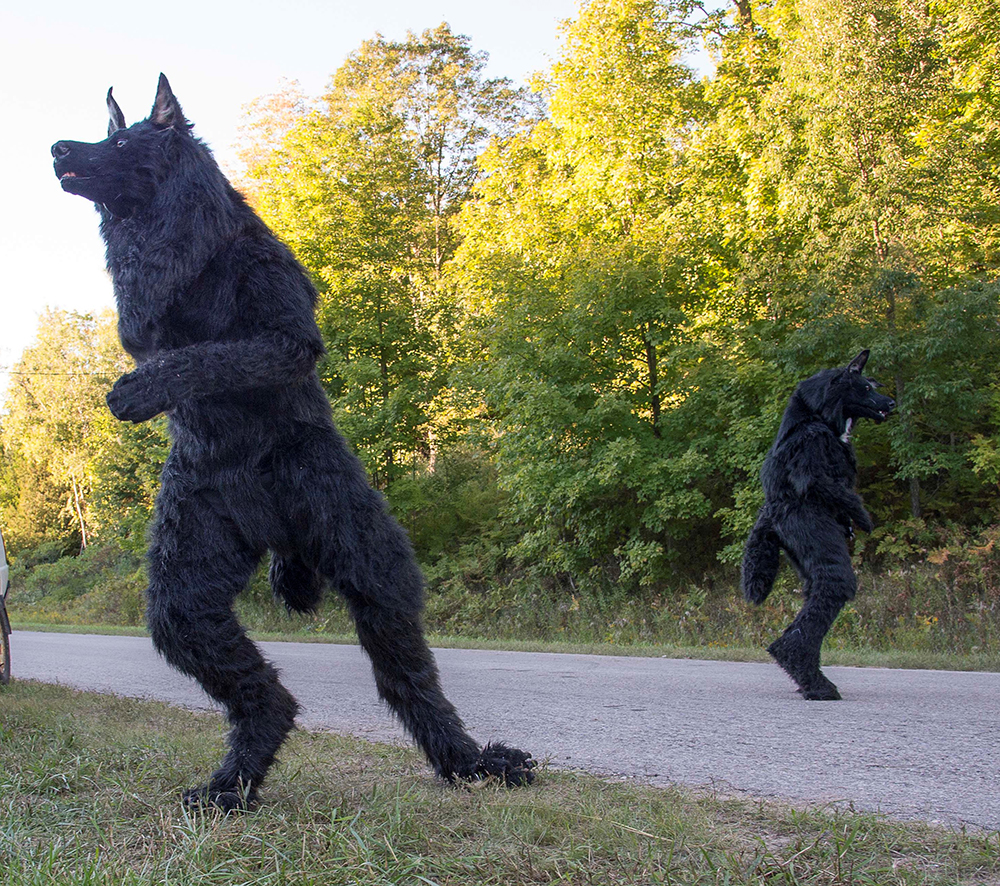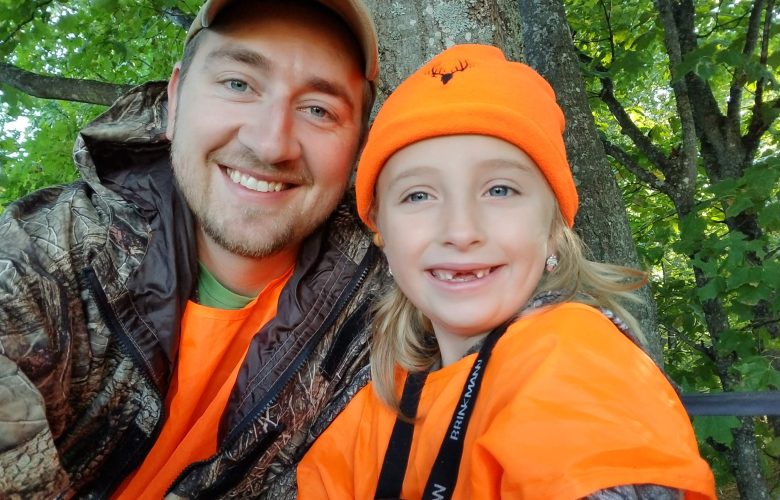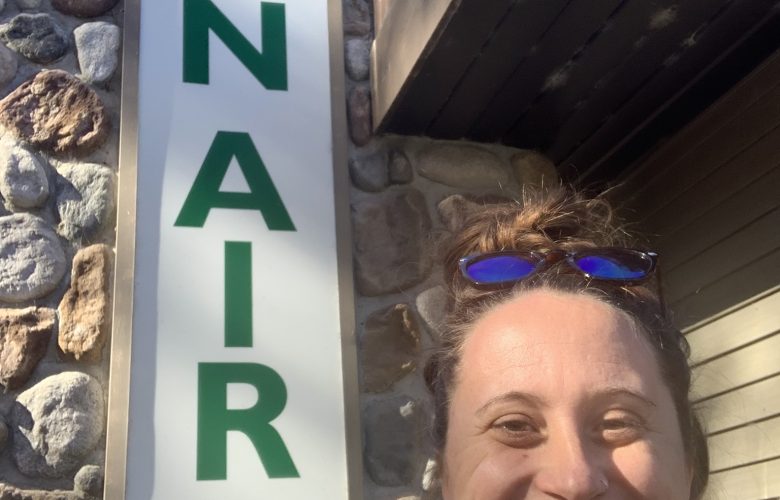When gossip is good
By Annis Pratt
Current Contributor
After a long, dry stretch in a particularly reserved academic department—where I felt as if my humanity was being drained out of me through my toes—I wrote a poem asking, “Did anyone ever die for lack of gossip?” I answered myself with: “We are born for a web of words, an embracing patter,” and then I threw my full professorship out of the window to find a more socially nourishing life.
From birth, we live in a rich matrix of other people talking to us and to each other. As toddlers, we begin to formulate our replies within that context of interactive chatter; by the time we are six years old, we are skilled linguistic manipulators within our particular social milieu.
Chattering generates mattering: we figure out our place in our world through verbality.
Feral children raised without language—for instance, cases of human children raised by wolves, like those documented in Ukraine in 1991, in Spain in 1958, and in India in 1872—communicate in wolf growls, grunts, and submission gestures, as well as by taking their correct place in the pack on hunts.
Nonetheless, they remain poorly socialized, because they lack non-verbal wolf information like smell—the enormously detailed array of scents that wolves respond to—and the multiple meanings that a tail can express.
If rescued, it is often too late for feral children to acquire human language and live fully as humans (unlike the fictional Tarzan, who found his very-understanding Jane to help him through).
A lone wolf ejected from the pack for bad behavior is not likely to survive on its own. Americans, in contrast, often consider the individual as the center of the universe, despite our Surgeon General’s warning that the current plague of isolation leads not only to mental but also to bodily disease—apparently, we can actually die from lack of gossip.
Our development of language, the evolutionary outcome of a larger and more complex neo-cortex than other animals, enables us to transmit a considerable body of how-to and what-is-it-all-about information among each other and down the generations.
For millennia, we did this by word of mouth, orally. Think of the West African Griot, responsible for keeping centuries of tribal history and genealogy in his head; of “Homer,” who many believe was actually a group of people writing down a cluster of epic narratives, not just one singular author; or of the New Testament gospels, which were “word of mouth” (not written down) for most of the first century C.E.
Unfortunately, our passed-down treasures of knowledge can be used for evil as well as good: it all depends on that other human capacity, our gift of choice.
At the beginning of the 20th century, we assumed that our bright new technologies would, in and of themselves, lead to human progress. Silly us: instead, we got a century of total war. As Justin Gregg puts it in If Nietzsche Were a Narwhal: “If Nietzsche had been born a narwhal, the world might never have had to endure the horrors of the Second World War or of the Holocaust.”
While animals survive by relying on instincts, human beings—for all of our linguistic skills and our museums and libraries and symphonies—are tragically prone to muck things up.
Gossip is that way, too. Talking about whose mother called, what he said, what she said—can lead to kind empathy, but is just as likely to turn toxic in the blink of an eye.
Nevertheless, we cannot live without it: we feel all creepy-crawly if we go even one day without talking to someone. So, if you live alone, like me, find somebody to chat with today, even if it is a familiar stranger, like the check-out lady at the supermarket; she probably hankers to verbalize just as much as you do.
Chattering matters!
Annis Pratt has a cottage on the Betsie River. She has been a bird watcher since 1947 and finds the banks of the Betsie an absolute bird paradise. She is author of The Infinite Games Series of adventure novels about a marshland folk who are threatened by the draining of their homeland and of three non-fiction books about the way that myths are used in literature. She is a nature writer, a columnist for the international e-magazine Impakter.com, and was an early contributor to The Betsie Current, back in the 2005-06 days. Visit AnnisPratt.com to learn more or look for her books on Amazon.
Featured Photo Caption: This is not what we mean by humans raised by wolves; these are Dogmen from local film director Rich Brauer’s imagination. The actors needed to wear stilts and learn to run through the woods in them, plus get velcroed into all of that fur. Photo courtesy of Brauer Productions, Inc.




